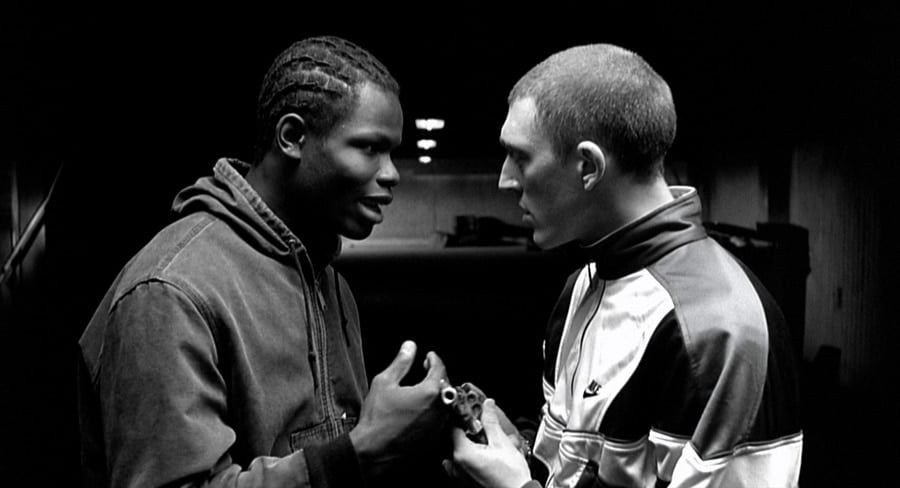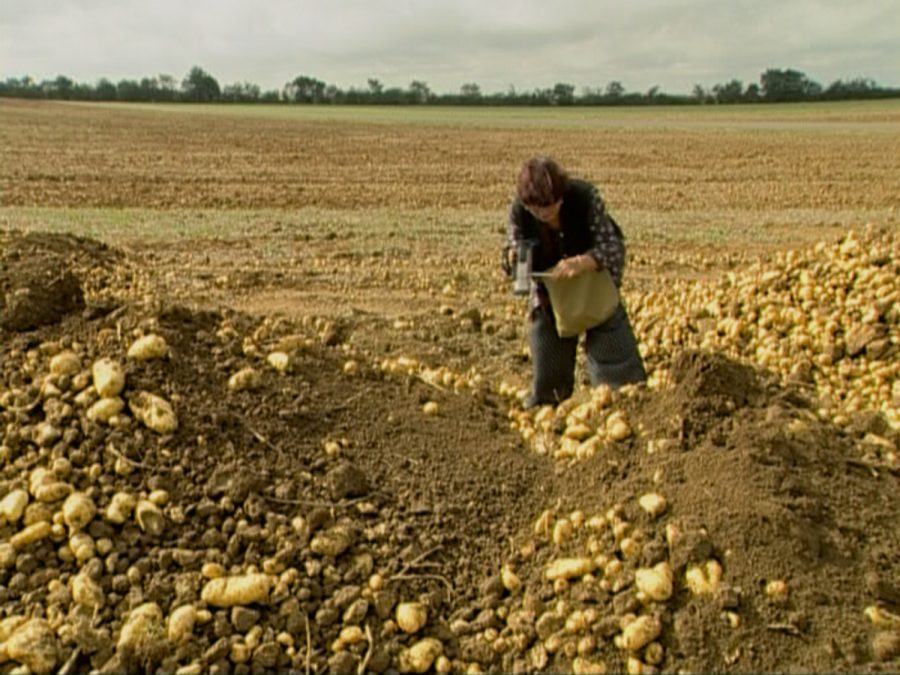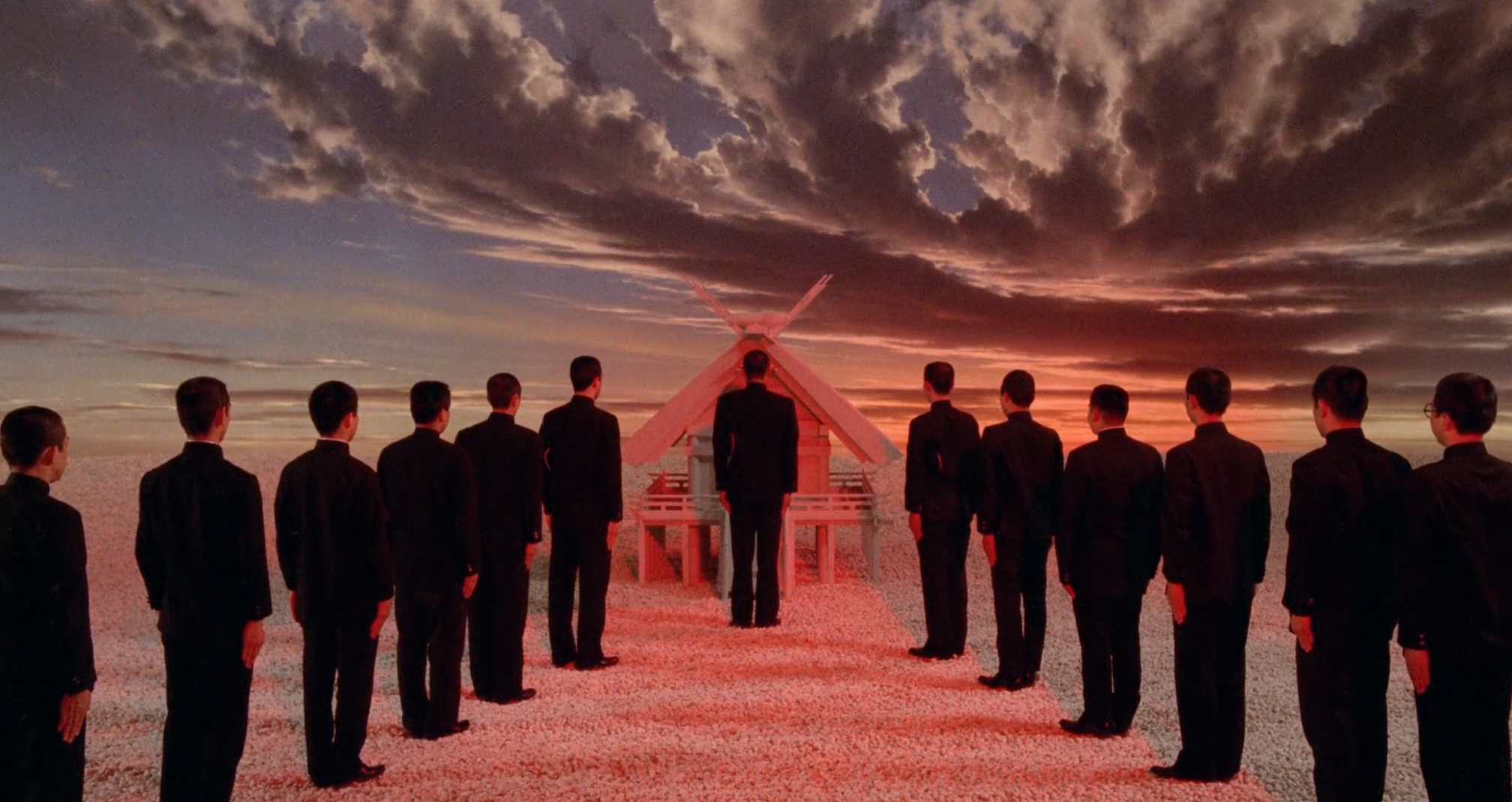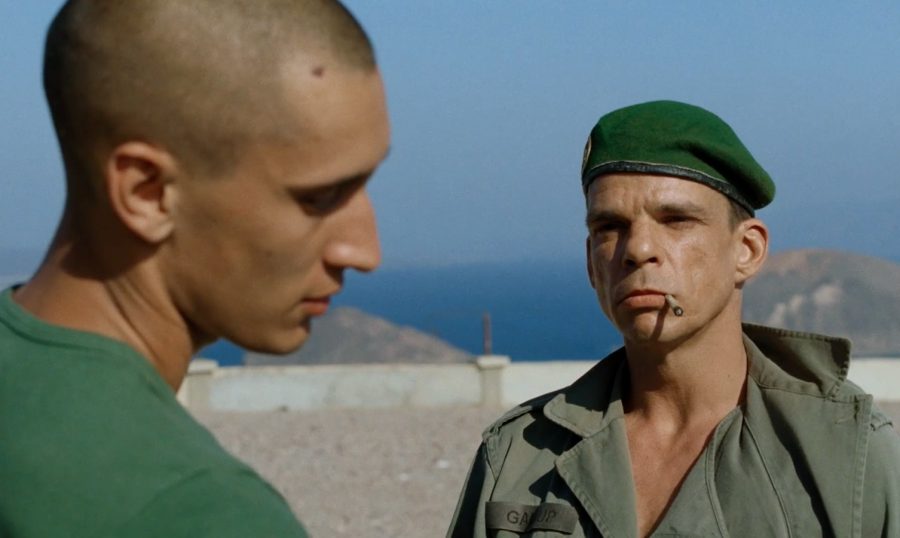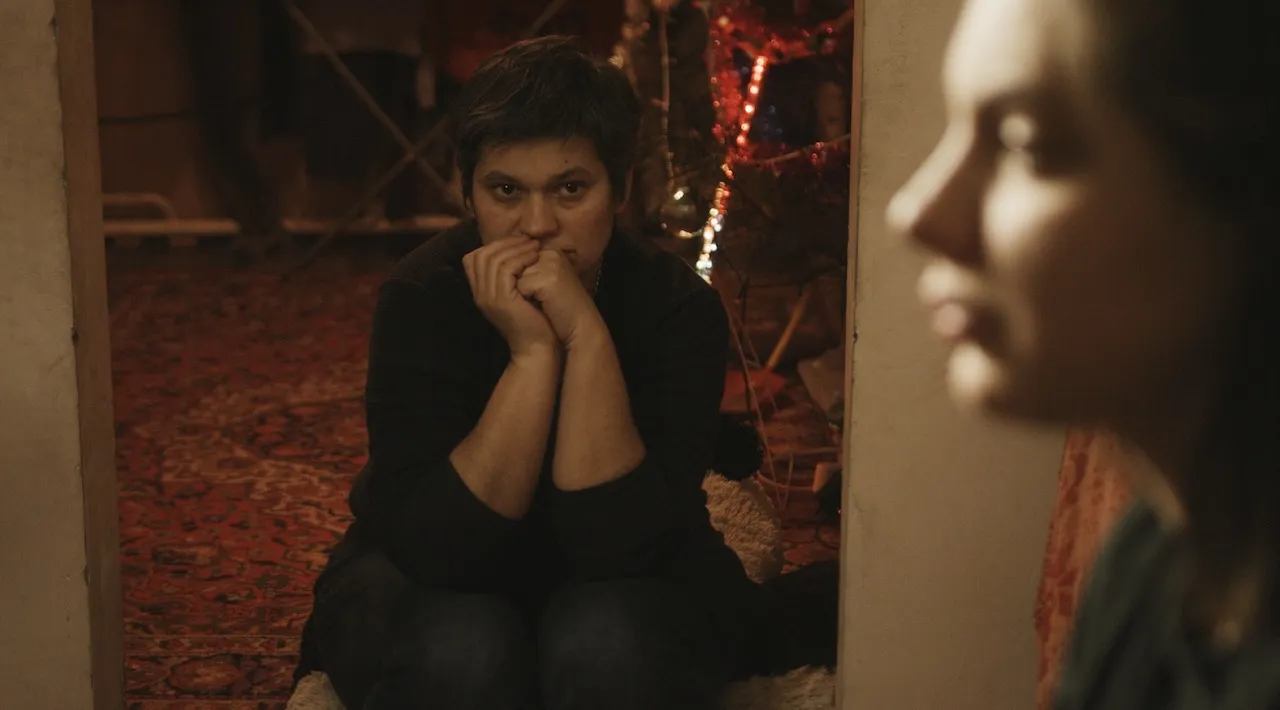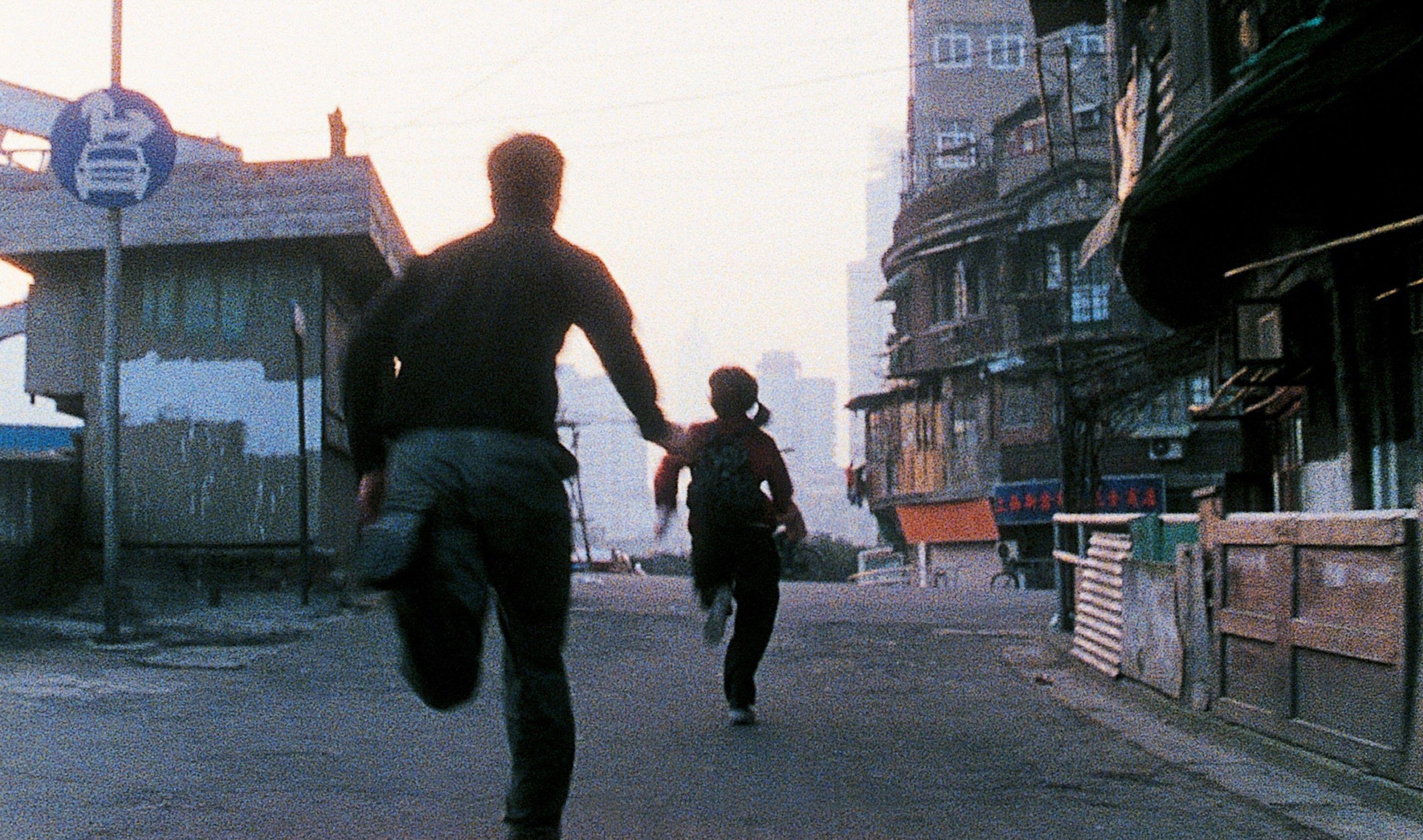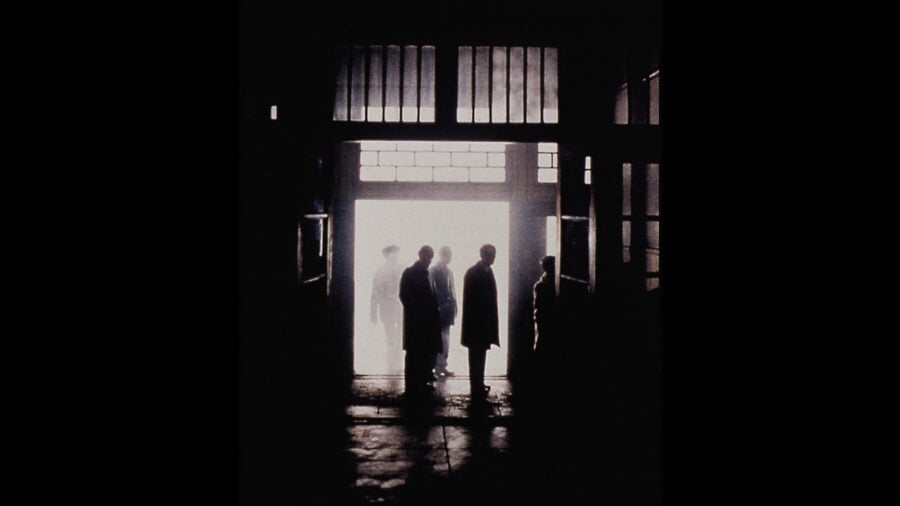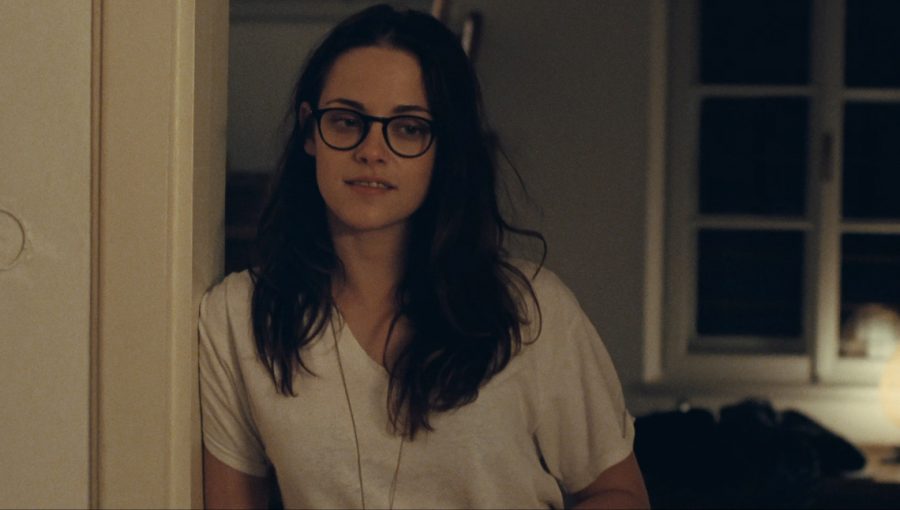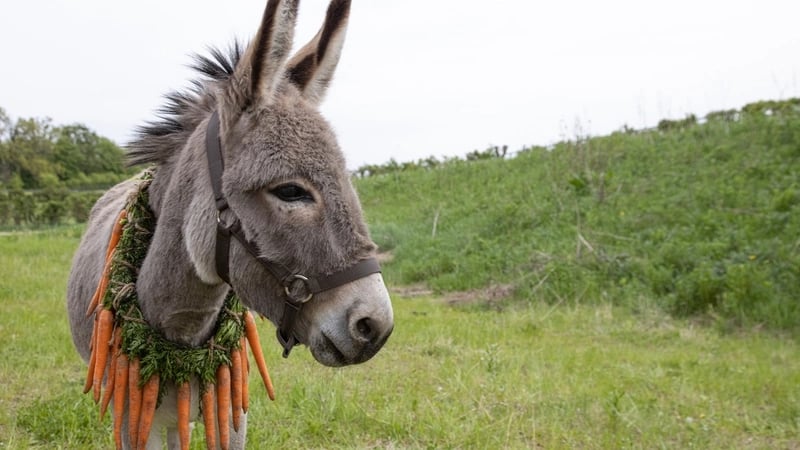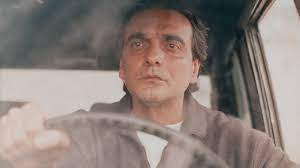At the risk of being cliché, I'm going to state that only the French could have made a movie about racial issues and the troubles of youngsters in the suburbs and still make it elegant. I've tried looking for other adjectives, but I couldn't find one that better describes those long takes shot in a moody black and white. But despite the elegance of the footage, the power of the narrative and the acting makes the violence and hate realistic as hell, dragging you into the story and empathizing with the characters until you want to raise your arm and fight for your rights. Aside from this unusual combination of fine art and explicit violence, the most shocking thing about La Haine is how much the issues it addresses still make sense right now, even though the movie was released 20 years ago.
Genre: Drama
Actor: Abdel Ahmed Ghili, Andrée Damant, Anthony Souter, Benoit Magimel, Bernie Bonvoisin, Choukri Gabteni, Christian Moro, Christophe Rossignon, Cut Killer, Edouard Montoute, Félicité Wouassi, Florent Lavandeira, François Levantal, François Toumarkine, Heloise Rauth, Hubert Koundé, Joseph Momo, Julie Mauduech, Karim Belkhadra, Karin Viard, Laurent Labasse, Marc Duret, Mathieu Kassovitz, Mathilde Vitry, Nabil Ben Mhamed, Olga Abrego, Patrick Médioni, Peter Kassovitz, Philippe Nahon, Rywka Wajsbrot, Saïd Taghmaoui, Sandor Weltmann, Sébastien Tavel, Solo, Souleymane Dicko, Thang-Long, Vincent Cassel, Vincent Lindon, Virginie Montel, Zinedine Soualem
Director: Mathieu Kassovitz

